Masked depression appears to be a common clinical phenomenon. Depression is a global issue and it’s gradually making its way to be the most fatal disorder of the century. According to World Health Organisation (WHO), approximately 300 million people of all ages suffer from depression, making it the most common mental health issue.
Close to about 0.8 million people die due to suicide, which is mostly instigated by depressive disorder every year, ranking it the leading cause of death in people aged 15-29-years. Even after the increasing awareness around mental health issues, where exactly are we going wrong?
Read: 8 Risk Factors for Suicide: Major Signs Of Suicidal Behavior
How is masked depression different from Depression?
The terminology “masked depression” was largely used in the 1970s and 1980s to describe patients who complained of somatic symptoms, without any identifiable organic disorder. (1)
However, the Diagnostic and Statistical Manual of Mental Disorders 5th edition (DSM 5) do not categorize ‘masked depression’ as a mental disorder. (2) The International Classification of Diseases 10th Revision (ICD-10) only briefly mentions “single episodes of masked depression not otherwise specified” under the category of “other depressive episodes.”(3)
Several terms like atypical depression, depression equivalent, vegetative equivalent, depression without depression, and hidden depression can be used to describe masked depression. Masked depression is critical for practitioners to identify because of the predominance of somatic symptoms over cognitive and affective symptoms.
When a person is suffering from depression, he/she has affective symptoms like feelings of hopelessness, worthlessness, helplessness, low mood, anhedonia, lack of motivation; cognitive symptoms like difficulty concentrating, slow processing of information, difficulty in decision making, suicidal ideation. But these symptoms are not visible in masked depression as concretely as in MDD.
Signs of Masked Depression
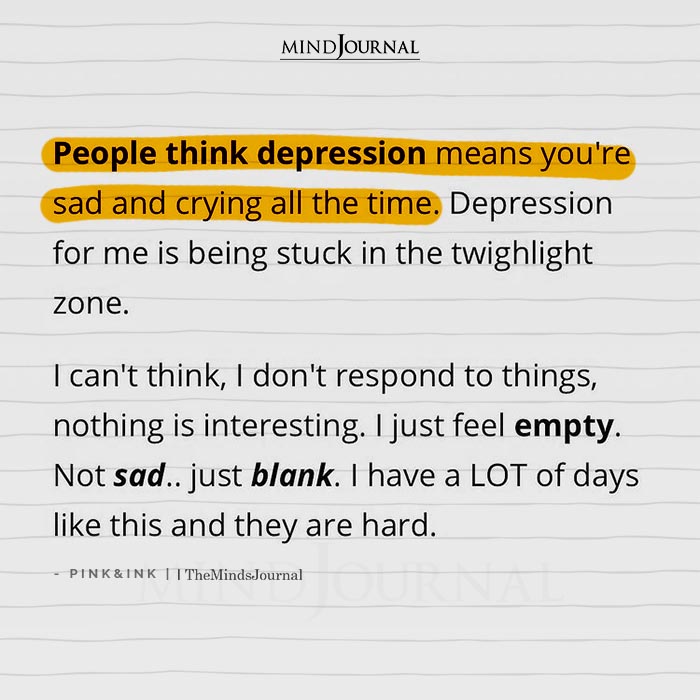
Here are some masked depression symptoms and identifiers which might mimic the symptoms of Major Depressive Disorder:
- Lack of motivation and interest in previously found pleasurable activities
- Anger and irritability
- Difficulty concentrating, making major decisions and remembering things
- Extreme fatigue (not due to any identified organic disorder)
- Low mood (which temporarily lifts in response to positive events and experiences)
- Extreme negative response to perceived or real criticism or rejection
Read: Buddha And The Angry Man: A Short Spiritual Story
Somatic Symtomps
Alongside the aforementioned symptoms, a person suffering from masked depression also suffers from somatic symptoms such as (4):
- Headache
- Backache
- Musculoskeletal aches
- Stomachache
Non-painful symptoms:
- Changes in appetite
- Changes in libido
- Disturbances in sleep pattern – mostly a pattern of increased sleep is seen in masked depression
- Dizziness
- Palpitations
- Dyspnea – shortness of breath, feelings of tightness in the chest
- Disturbances in gastrointestinal tracts
- Lack of energy
- Weight gain
- A heavy or laden feeling in arms and legs.
People with masked depression, themselves find it difficult to identify what is going on below the surface. This leads to the close people of the affected person to also stay in oblivion about the disorder, further delaying the treatment procedure.
Masked depression might be:
- hidden, for instance, “I am too busy with work and have no time to socialize.” or in contrast “I am a social butterfly. I hate being left alone.”,
- it can be ignored, for instance, “I am just a bit stressed. Nothing else.” or
- it can be displaced with anger like “There is nothing wrong with me. Just stay away from nagging me.”
Read: How to Supercharge Your Dopamine Levels Naturally
Why is masked depression difficult to identify?
What makes depression a tricky disorder to understand is its presentation. Depression manifests itself in various different forms. No two people have the same symptoms when it comes to depression.
Some people with depression might have symptoms that are not typically found in cases of depression – like the person who has depression might somehow be pulling of work but feeling sluggish and fatigued, they may seem overly optimistic and might also have a self-defensive judgment of being fine and content with life, feel a general lack of enthusiasm towards life, etc.
The reason why masked depression often remains misdiagnosed is due to the predominance of somatic symptoms. This is further complicated by a lack of awareness among mental health practitioners.
Identification of depressive cases is essentially based on clinical judgment of typical depressive symptoms such as dysphoric mood, psychomotor retardation, disturbances in sleep, loss of interests and libido, diurnal rhythm in mood, anhedonia, suicidal ideation, and behaviors.
These features were consistent with the core of depressive symptomatology reported by cross-cultural studies and served as the operational diagnostic criteria for depression in psychiatric practice. (5)
Considering the high prevalence of somatic symptoms which might mask the typical symptoms of depressive disorder and the multiple factors that contribute to the complications of the clinical picture, inaccurate diagnosis, and treatment of masked depression are very common.
This is invariably leading to serious somatic and psychological consequences for the patients and considerably limit patients’ social functioning, increase suicide rate, and further increase the costs of diagnosis and treatment. (6)
References:
- Swaine Z. Masked depression. Encyclopedia of Clinical Neuropsychology. Springer; 2011.p.1524-5.
- Regier DA, Kuhl EA, Kupfer DJ. The DSM-5: Classification and criteria changes. World Psychiatry 2013;12:92-8.
- International Classification of Diseases. Ch. 5. Mental and Behavioural Disorders. Available from: http://www.apps.who.int/classifications/apps/icd/icd10online2003/fr-icd.htm?gf30.htm.
- Tylee A, Gandhi P. The importance of somatic symptoms in depression in primary care. Prim Care Companion J Clin Psychiatry 2005;7:167-76
- MASKED DEPRESSION IN GENERAL PRACTICE IN HONG KONG
- Miodek A, Szemraj P, Kocur J, Ryś A. Masked depression – History and present days. Pol Merkur Lekarski 2007;23:78-80
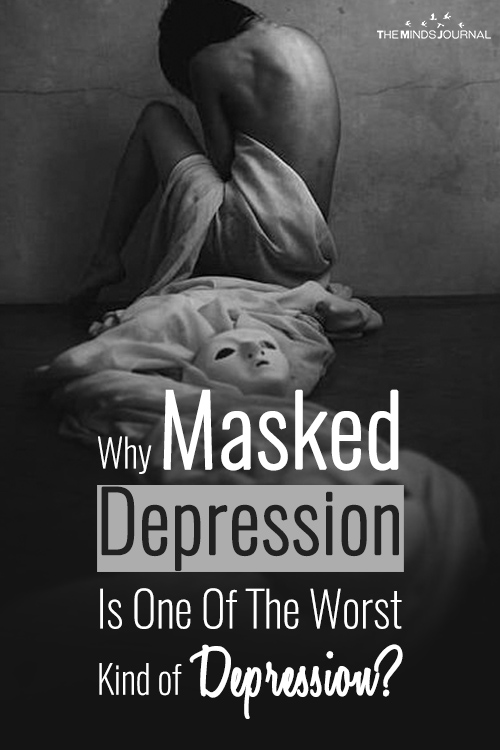
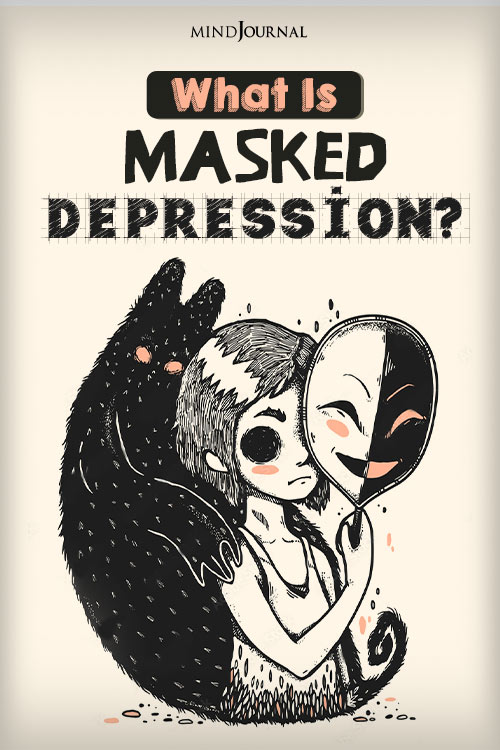
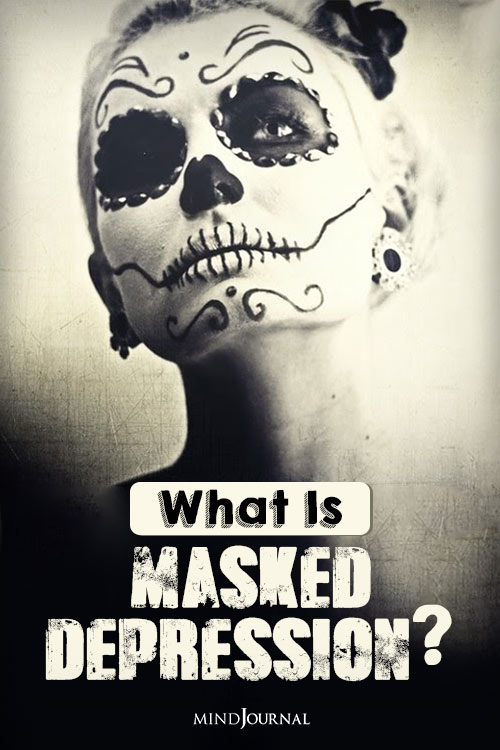
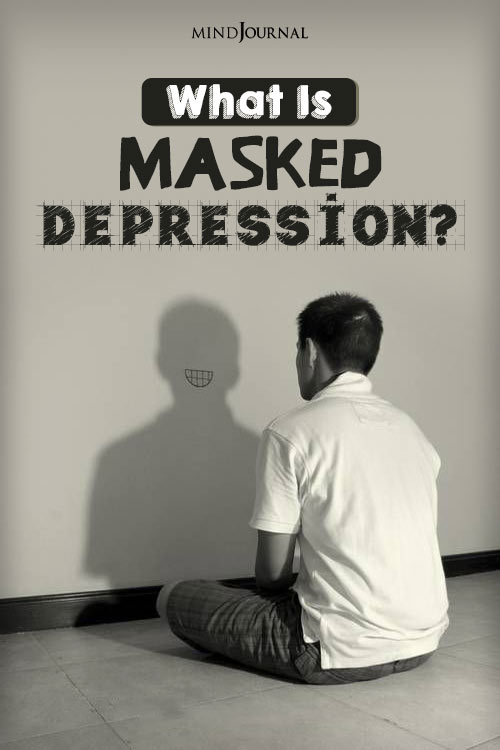
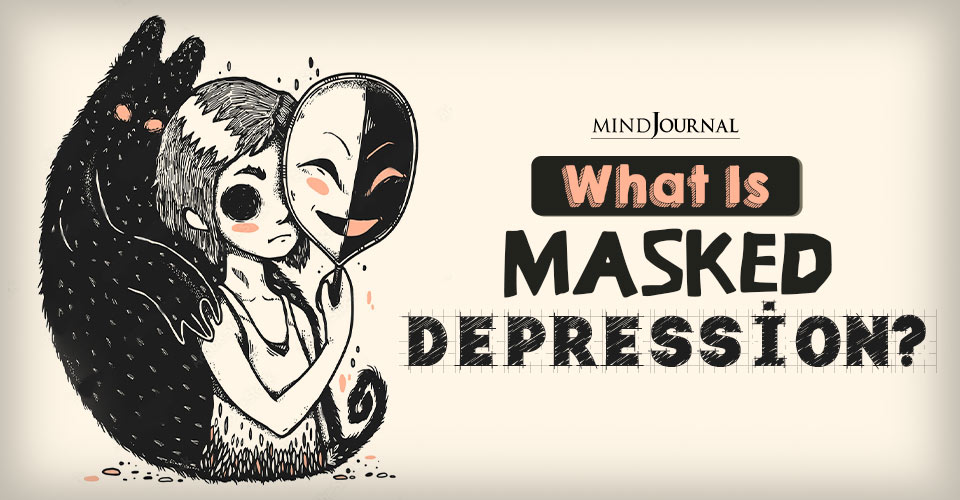





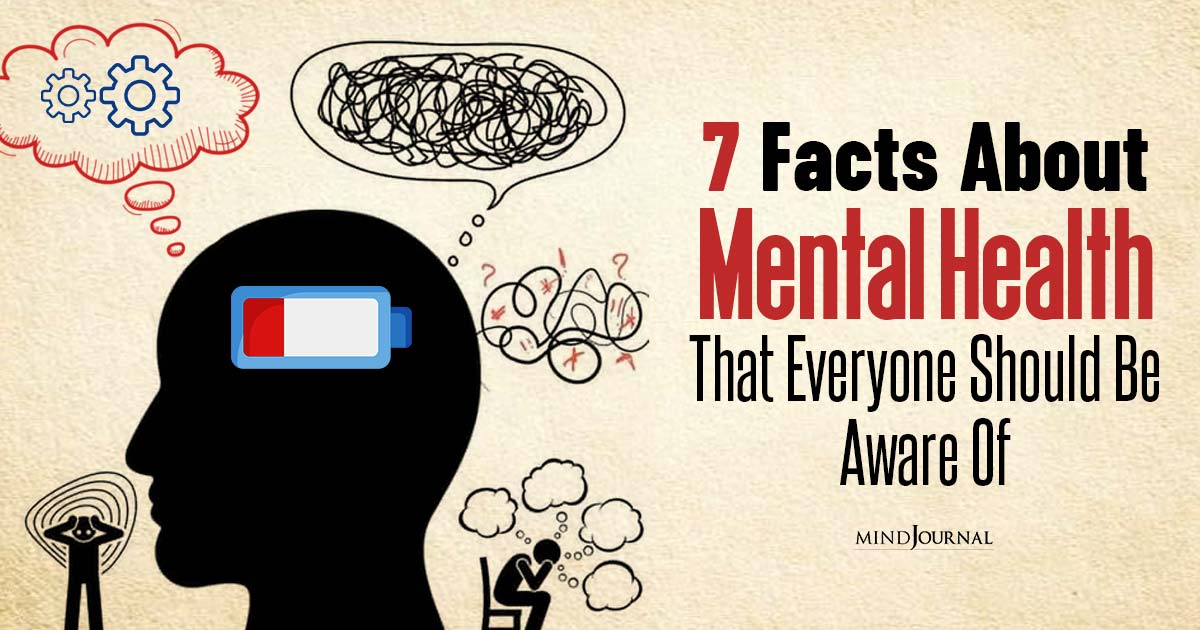

Leave a Reply
You must be logged in to post a comment.